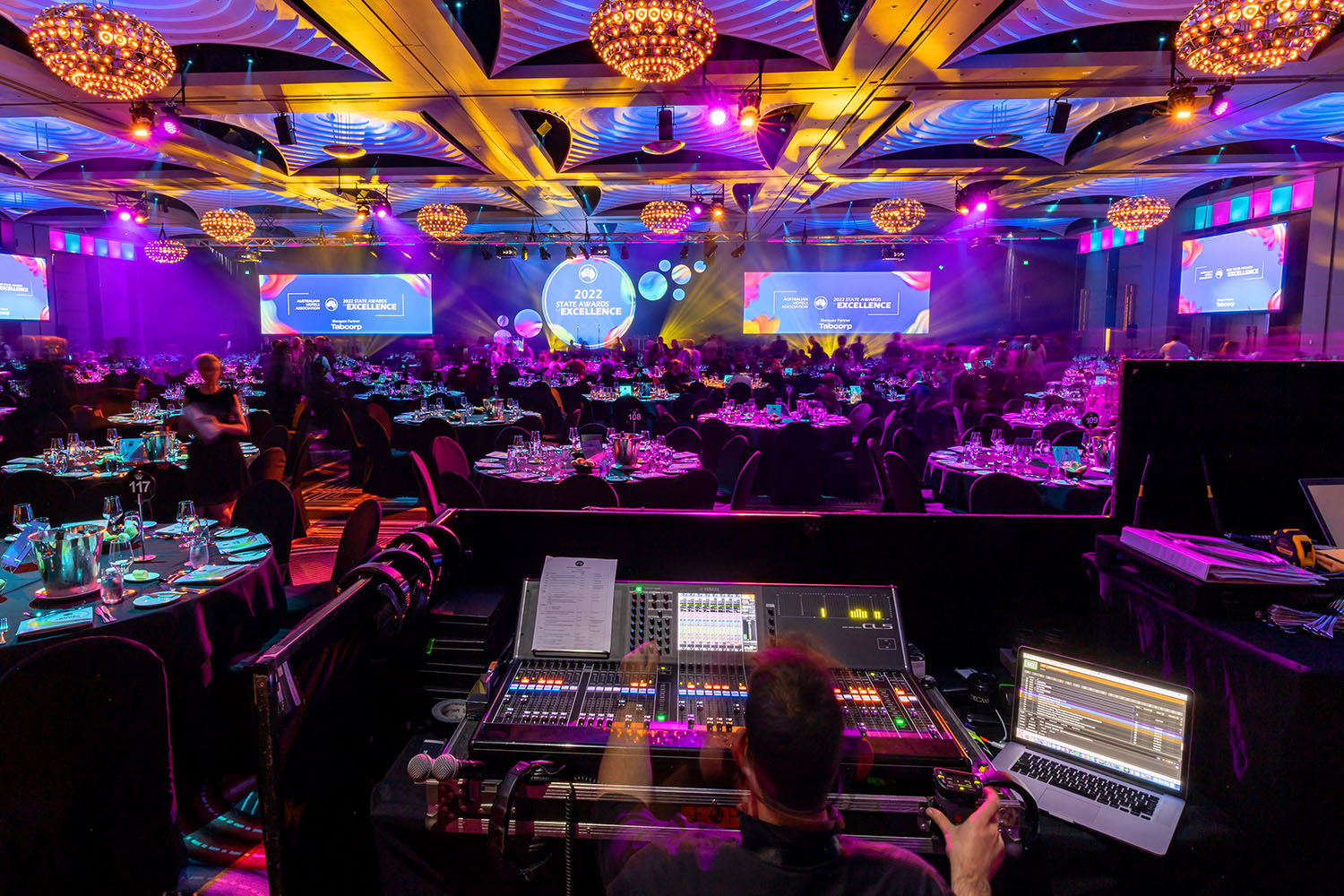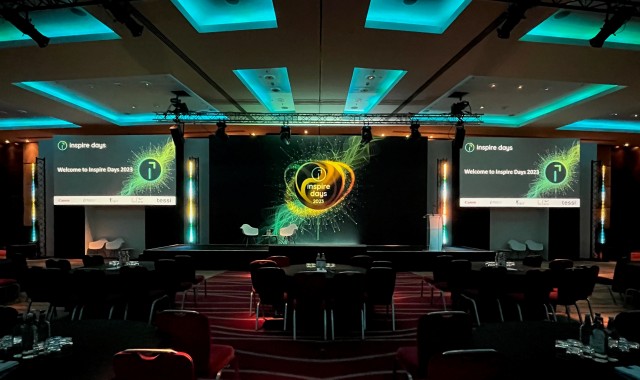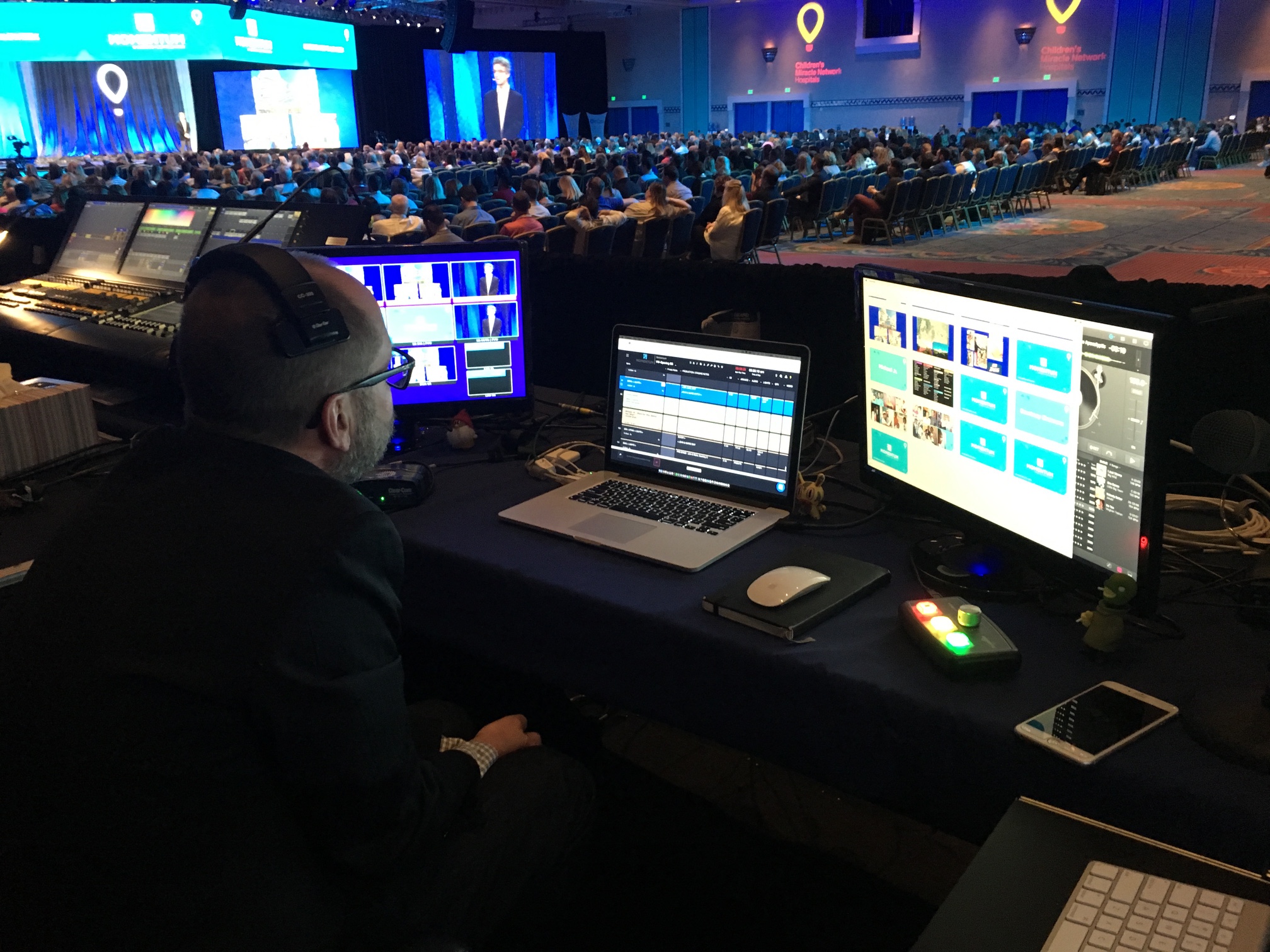Comprehending Just How Occasions Manufacturing Works: A Comprehensive Overview of the Process
The ins and outs of occasion manufacturing demand a methodical strategy that integrates multiple stages, each playing a vital function in the total success of an event. Understanding the subtleties of budgeting, source appropriation, and on-site monitoring is important for any kind of specialist in this field.
Preliminary Planning and Concept Development
Reliable preliminary planning and concept development offer as the structure for effective events production. This phase entails defining the event's purpose, target audience, and preferred end results. A clear vision is crucial; it overviews all subsequent choices and assists straighten the group's initiatives toward an usual objective.
Throughout this phase, brainstorming sessions can be important. Engaging stakeholders, consisting of customers, sponsors, and possible participants, promotes a collaborative setting that produces ingenious concepts. In addition, extensive marketing research should be performed to comprehend trends, choices, and potential obstacles.
When the concept is developed, it is important to create a thorough event outline. This synopsis must include the occasion's theme, style, and key tasks. Establishing a timeline is similarly important, as it assists to manage jobs and deadlines successfully.
Budgeting and Resource Allowance
With a solid idea in area, attention should turn to budgeting and source allocation, which are important elements in implementing the event successfully. A well-defined spending plan offers as a roadmap, outlining all expected expenses and offered resources - Event Productions.
Resource allotment involves designating both human and monetary resources to various tasks and components of the event. Prioritization is key; important aspects need to get sufficient financing while much less vital facets might call for an extra conventional technique. Additionally, contingency preparation is critical-- alloting a part of the budget plan for unexpected expenditures can alleviate monetary risks.
Furthermore, reliable communication amongst employee pertaining to budget plan constraints cultivates partnership and innovation. This advertises the responsible usage of sources and encourages imaginative services to stay within spending plan. Eventually, a tactical approach to budgeting and source allowance lays the groundwork for an effective event, enabling organizers to concentrate on providing a remarkable experience for guests while maintaining monetary integrity.
Logistics and Control
Browsing the complexities of logistics and control is crucial for the seamless execution of any kind of event. This stage includes meticulous planning and company to guarantee that all parts function in harmony. Secret elements consist of place choice, transport plans, and the scheduling of different tasks.
This consists of recognizing the format, accessibility factors, and readily available sources. Working with these components calls for collaboration with suppliers, distributors, and transport services to guarantee timely deliveries and pickups.
Another critical facet is the growth of a detailed timeline that details all logistical aspects leading up to the event. This timeline serves as a roadmap, describing key turning points and deadlines for jobs such as devices configuration, catering services, and audiovisual installments. Routine communication with all stakeholders is vital to resolve any type of prospective issues proactively.
Implementation and On-Site Administration
Successful implementation and on-site administration are vital for transforming thorough plans into truth during an occasion. This phase entails the seamless coordination of numerous aspects, ensuring that every information aligns with the well-known vision. On-site managers play a pivotal function, acting as the main point of interaction among suppliers, staff, and stakeholders. Their capability to make real-time choices can substantially impact the occasion's success.
A well-defined routine is crucial, serving as a roadmap for all tasks. Occasion managers should make certain that setup happens promptly, adhering to timelines for sound checks, catering distributions, and visitor arrivals. Effective analytical abilities are additionally important; unforeseen obstacles can emerge, requiring quick reasoning and flexibility to maintain the event's flow.
Furthermore, focus to visitor experience is paramount. Keeping an eye on visitor communications, making certain safety protocols are complied with, and supplying assistance personnel to resolve problems cultivates a favorable atmosphere. This level of engagement not only enhances the overall experience however likewise shows the professionalism of the event team. Event Productions. Ultimately, effective implementation and on-site monitoring depend upon thorough prep work, efficient communication, and a commitment to providing an outstanding occasion for all included.

Post-Event Analysis and Feedback
The culmination of any kind of event lies not only in its execution however likewise in the thorough examination that follows. Post-event assessment is necessary for determining the general success of the occasion and recognizing areas for improvement. This process normally entails gathering feedback from different stakeholders, consisting of participants, suppliers, and group Go Here members, to gain an extensive point of view on their experiences.
To structure the analysis, occasion coordinators often utilize surveys and interviews, concentrating on key performance indicators such as attendee complete satisfaction, logistical effectiveness, and budget plan adherence. Examining this information enables this contact form organizers to examine whether the occasion satisfied its goals and to comprehend the staminas and weaknesses of the execution.
Furthermore, compiling a detailed report summing up the searchings for is important for future referral. This paperwork not only functions as a valuable source for intending subsequent events but additionally cultivates a culture of continuous improvement within the company. By methodically dealing with feedback and implementing adjustments, occasion professionals can boost their approaches, eventually resulting in more impactful and successful events. Finally, post-event examination is an important step in the occasion production process that makes certain continuous growth and quality in future ventures.
Conclusion

The complexities of occasion production demand a methodical method that integrates several phases, each playing a vital duty in the general success of an occasion.With a strong idea in location, interest needs to turn to budgeting and source allotment, which are crucial parts in carrying out the find out event successfully.Source allowance involves assigning both human and financial resources to different tasks and components of the event. Ultimately, a tactical technique to budgeting and resource allotment lays the groundwork for a successful event, enabling organizers to concentrate on supplying an unforgettable experience for attendees while preserving financial integrity.
